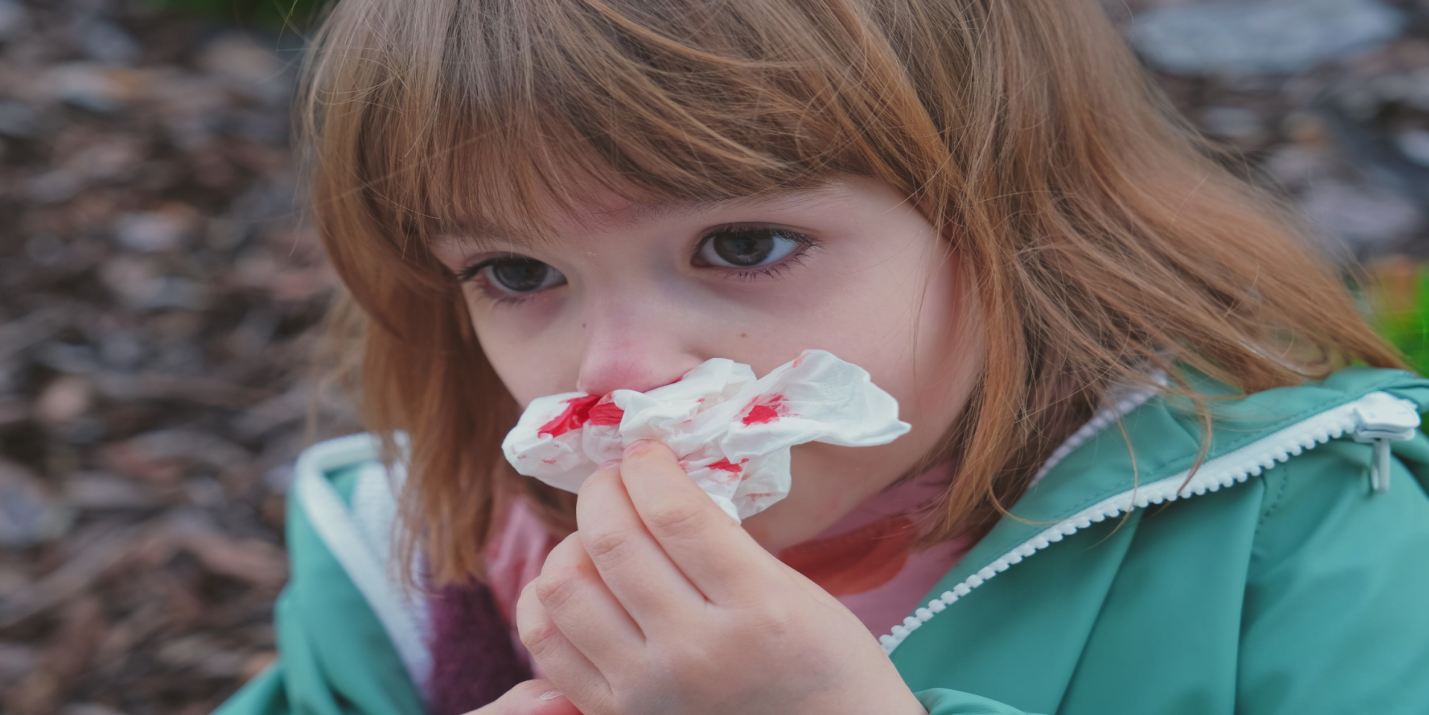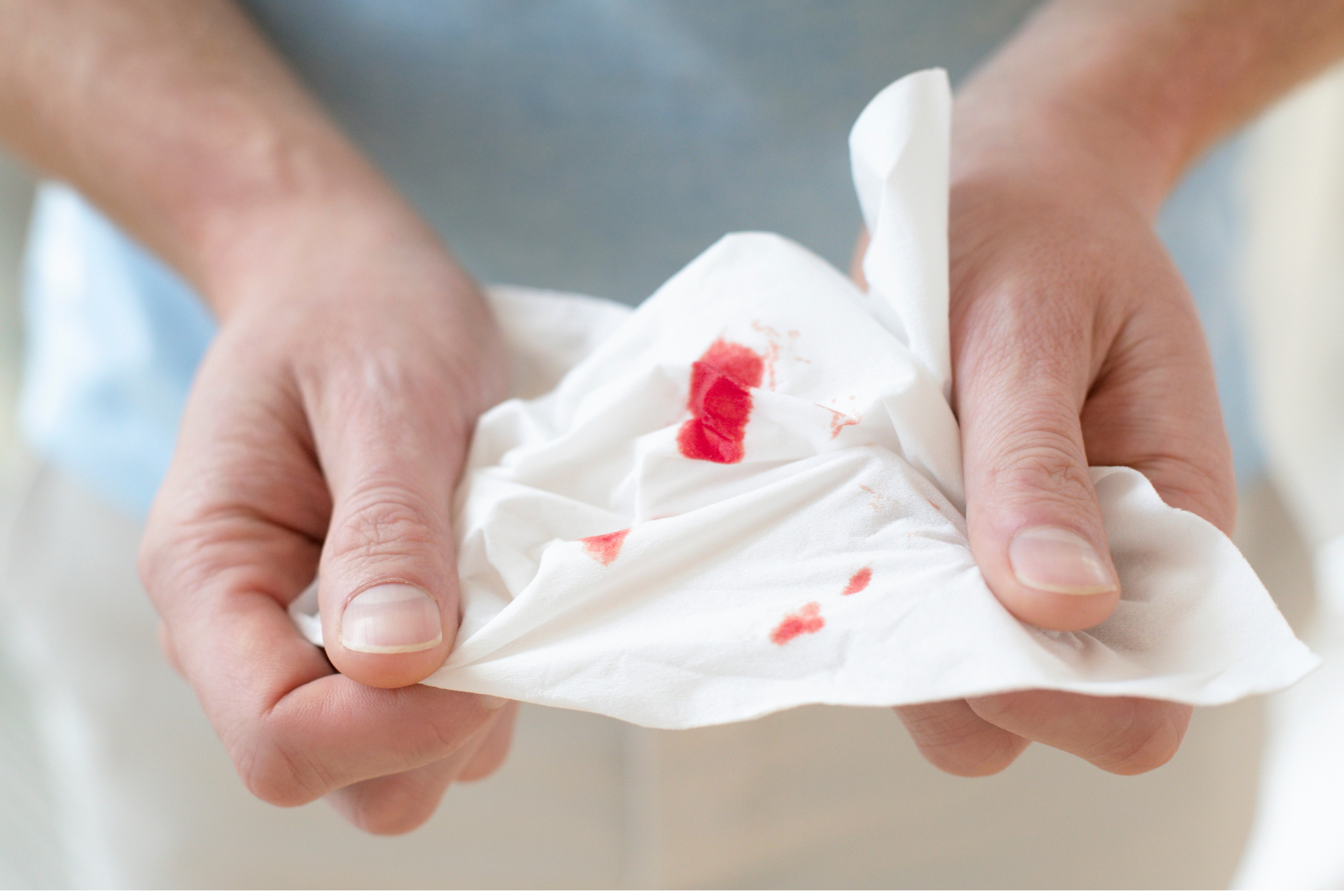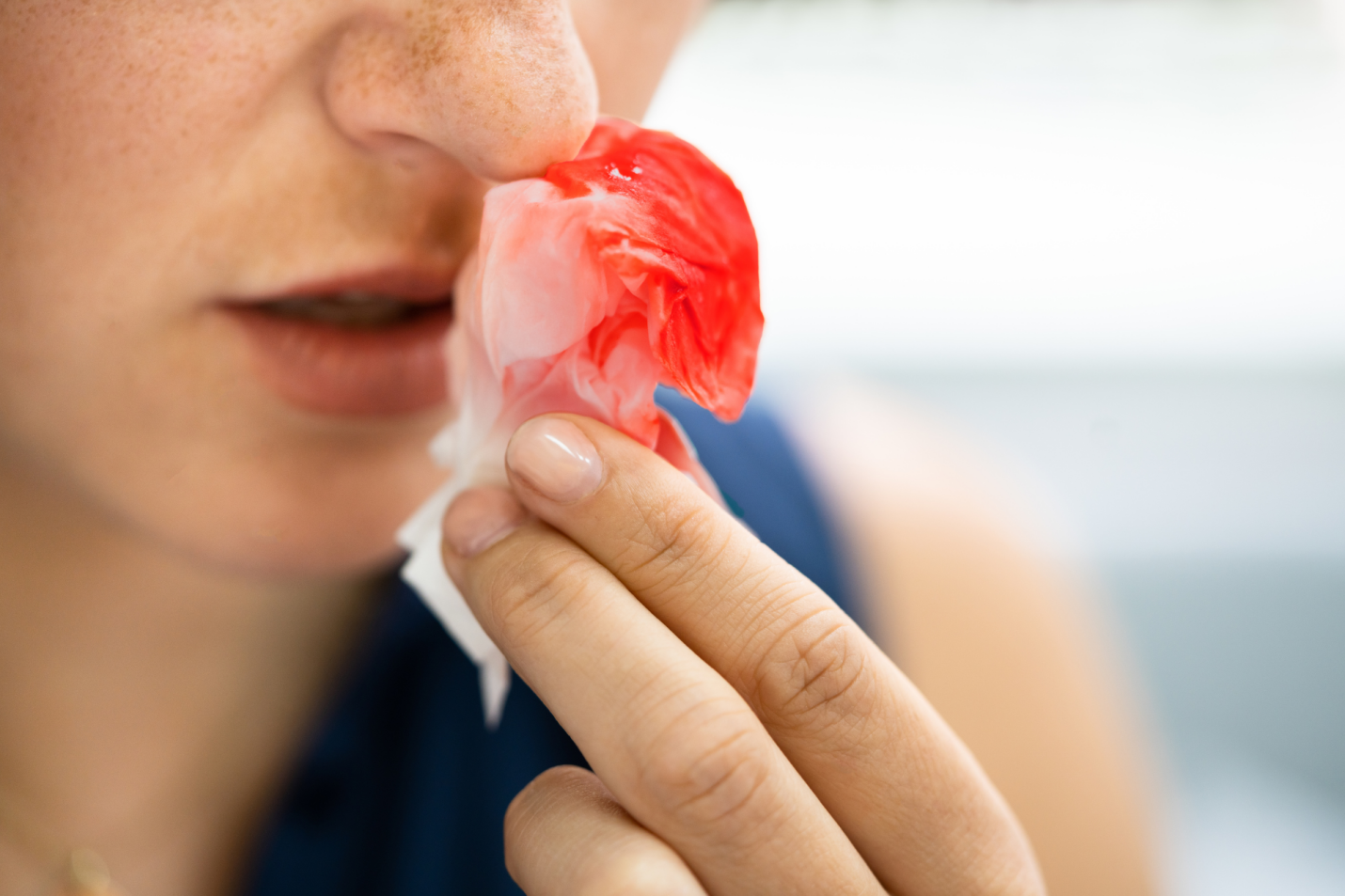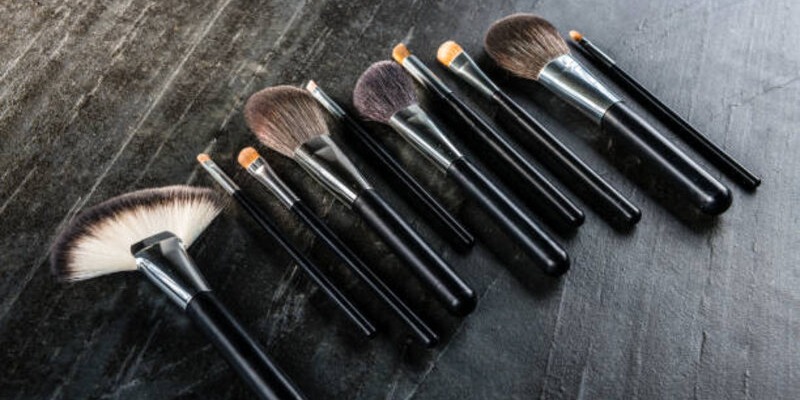Nosebleeds can frequently indicate a wide range of illnesses. While most nosebleeds are minor and can be treated at home, severe or persistent bleeding may indicate an underlying medical condition.
Common causes of nosebleeds:
- Cause: Dry air, especially in the winter, will dry out nasal membranes and cause cracking and, most of the time, lead to bleeding.
- Why does it happen: Dry the moisture in nasal passages
- Irritate with minute fissures in the internal lining within the nostrils.
- Preventing Tips: Use a humidifier, mainly in the bedroom
- Use saline sprays to keep nostrils moist.
- Not to dry further; heaters should be used less often.
- How to Prevent: Softly push the nostril and lean forward.
- Don't touch or blow the nose after blood
- Creamy Lubricating cream may be applied over the moistening nostrils.

How to Stop Nose Bleeding
If you have a nosebleed, do this:
- Sit upright and forward. The blood supply to your nose will be reduced.
- Tie shut your nostrils. Use your fingers to squeeze the soft portion of the nose, the area right below the bony projection, for 5-10 minutes.
- Apply ice to your nose. This will constrict the blood vessels in the nose, stopping the bleeding.
- Do not blow your nose. Blowing your nose will dislodge blood clots that start forming and restart bleeding.
- If it continues bleeding, get up and see a doctor. If your nosebleed persists after more than 10 minutes or nosebleeds frequently, get professional help from a doctor.
Nose Picking and Trauma
- Cause: The tiny blood vessels in the nostrils can easily be destroyed if the nose is picked or rubbed extensively.
- Why It Happens: This will only occur if you have repeated picking and irritation of the nasal mucosa occurs
- Blood vessel rupture causes bleeding in the nostrils
- Preventive Techniques: Don't pick or poke into the nose.
- Cut nails to avoid injury if picking accidentally.
- Educate children about the hazards associated with nose-picking.

How to Stop Nose Bleed
- Pressure on the soft part of the nose for 10-15 minutes
- Ice pack on the bridge of the nose.
- Elevate Head During Nights
- Causes: allergens or irritants like smoke cigarette and dust cause inflammation with dryness inside the nasal passage
- Why it occurs: The nasal membrane gets inflamed due to an allergic condition
- Bleeding through the nose due to irritation.
- Prevention Tips: Avoid allergens like pollen and dust.
- Antihistamines or Nasal Corticosteroids, if needed
- Saline Nasal Passages Irrigation
What to Do When a Nosebleed Occurs
- Maintain calm: Don't talk, laugh, or cry. Talking, laughing, or crying excites the blood circulation.
- SIT UPRIGHT: In case you'll sit upright, tilt your head slightly forward so that blood won't drip from the back of the throat.
- Wipe with tissue: Just gently blot away the blood with tissue to avoid loosening some blood clots.
- Never try to blow nose: Blowing your nose may disturb the blood clot and cause bleeding to re-initiate.
- Apply an ice: Rub an ice bag or an ice pack to your bridge to constrict blood vessels.
- Search for active bleeding: If the bleeding does not stop within 10-15 minutes of applying pressure, seek a healthcare provider or call for emergency medical services.
- Avoid strenuous activities: Rest and avoid heavy lifting or strenuous exercise for several hours after experiencing a nosebleed.

Medical Causes
High blood pressure, clotting disorders, or nasal polyps are several causes of medical conditions.
Causes of Nosebleeds: Medical conditions, including high blood pressure, thrust the blood vessel walls, causing them to rupture.
In the cases of clotting disorders, it's challenging for the blood to clot and prevent further flow. Nasal polyps cause additional damage to blood vessels in the nose.
Preventive Measures of Medical Related Nosebleeds: Continue to be monitored and maintained for your blood pressure.
Seek to visit the clinic if your family's medical condition is hereditary.
Identify a strategy to deal with the significant conditions causing the nosebleed
How to Treat: Visit the doctor whenever nasal bleeding often presents or becomes severe.
Observe the prescribed treatment for the underlying condition, such as taking some medication for high blood pressure.
Severely, you could be forced to seek medical attention since blood vessels could be cauterized and nasal polyps removed.
How to Avoid Nosebleeds
Apart from the above tips, here are a couple of things you could do to avoid getting a nosebleed:
Maintain a moist nose. You can use a nasal saline spray or a humidifier to keep your nose moist.
Do not pick on your nose. Picking your nose may irritate the mucous membrane lining inside the nasal canal.
Stop taking nasal decongestants. They can cause the nasal lining to dry up and may increase the chance of having a nosebleed.
Have your blood pressure checked. When you have high blood pressure, discuss how to manage it with your doctor.
Consult a doctor if you experience recurring nosebleeds. A doctor should be consulted in case of frequent reoccurrences of nosebleeds to ascertain the medical condition.

When to See Your Doctor
Call your doctor right away if you have any of the following symptoms:
Recurring nosebleeds.
Oozing nosebleeds that seem never to end.
Nosing or Nosebleed caused by a head injury
Nosebleed with dizziness, fainting, or shortness of breath
Nosebleeds in an infant less than two years old
Nosebleeds accompanied by fever, fatigue, or unexplained weight loss
With a background history of bleeding disorders and nosebleeds, such cases are said to be related.
It is bleeding that makes you worried about your daily routine.
Conclusion:
Nosebleeds are very common, and several causes are ascribed to them, including dry air, injury, various drugs, high blood pressure, or difficulty clotting the blood. Most nosebleeds are benign and usually resolve on their own; however, recurrent bleeding or abundant nasal bleeding may be associated with further medical intervention because they could indicate more serious medical conditions.
It pays to be preventive by keeping the nasal part and avoiding the urge to pick the nose. Management of the underlying medical condition is necessary. Evaluation and appropriate treatments should be provided for frequent and severe nosebleeds.









